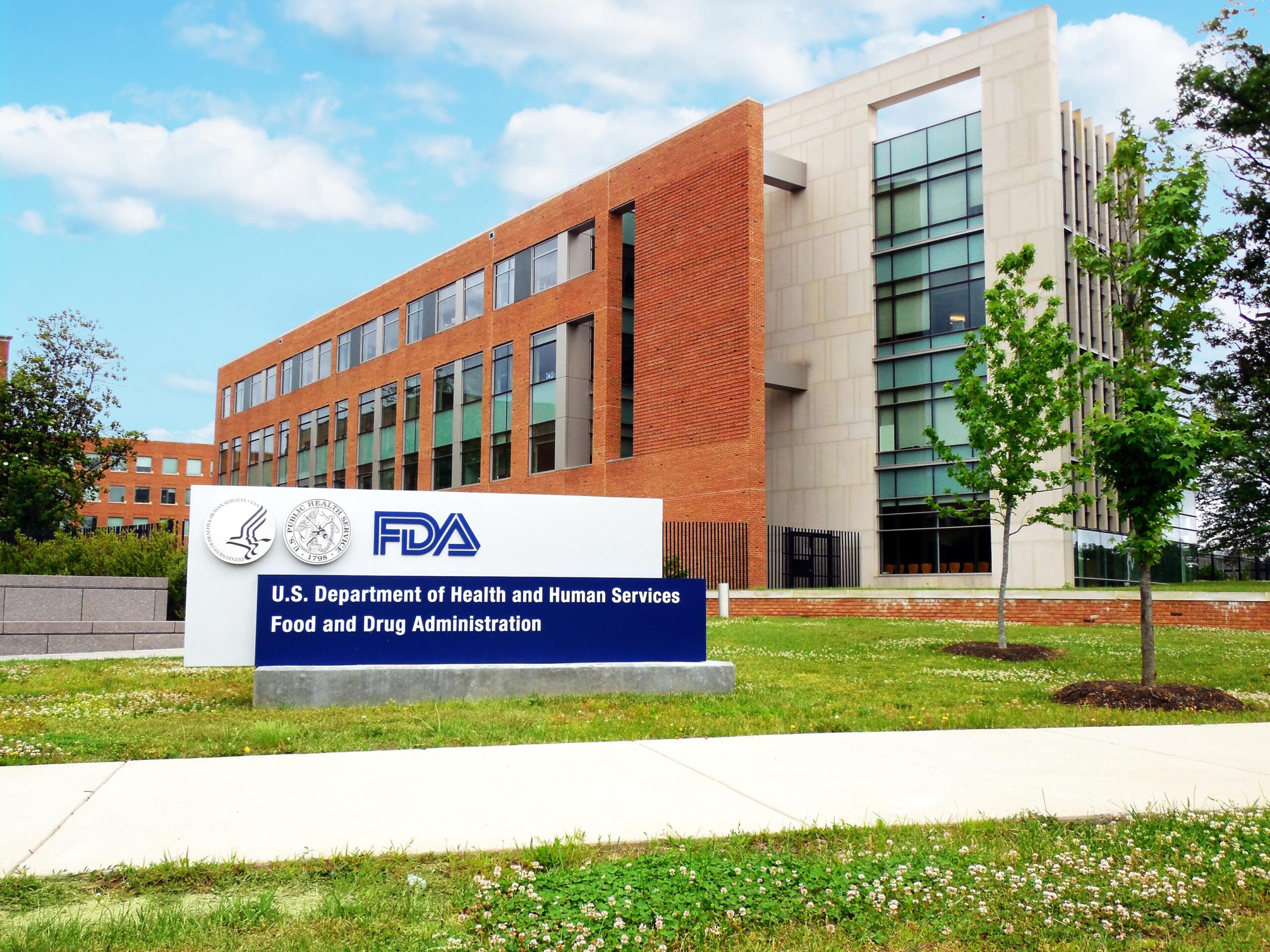
On September 4th, 2018, the U.S. Food and Drug Administration (FDA) held a hearing on the Biosimilar Action Plan announced by FDA Commissioner Scott Gottlieb in July. The action plan addressed 4 key areas intended to improve biosimilar competition:
- Improving the efficiency of the biosimilar and interchangeable product development and approval process
- Maximizing scientific and regulatory clarity for the biosimilar product development community
- Developing effective communications to improve understanding of biosimilars among patients, providers, and payers
- Supporting market competition by reducing gaming of FDA requirements or other attempts to unfairly delay market competition to follow-on products
All Three of ASBM’s Chairmen Presented
ASBM’s current Chair, Madelaine Feldman, MD FACR gave an eight-minute presentation followed by a three-minute Q&A period during which she answered questions from the FDA panel.

Dr. Feldman’s comments featured prominently in in this Bloomberg news coverage of the hearing:
“Theoretically, by putting [biosimilars] on drug formularies, PBMs rake in lower profits because reimbursements for biosimilars aren’t as high as reimbursements for the original biologic, PBM critics say. That lack of formulary access for biosimilars is called the “formulary wall” and is one of the biggest factors keeping biosimilars from reaching patients, according to drugmakers, patient groups, and biosimilar advocates.”
“The barriers to access are not scientific but commercial,” Madelaine Feldman, the chair of the Alliance for Safe Biologic Medicines, said at a public hearing at the FDA’s headquarters Sept. 4. The group is made up of doctors’ associations and patient groups.
ASBM’s Immediate Past Chair, Harry Gewanter, MD MACR; (ASBM Chair 2014-2017) and ASBM’s founding Chairman, endocrinologist Richard Dolinar, MD (ASBM Chair 2011-2014) also gave eight-minute presentations sharing their clinical perspectives, followed by a three-minute Q&A portion.
Key themes of the physician presentations included:
- Praise for the FDA’s strong, science-based standards and concern that the lowering of these standards could undermine confidence
- An emphasis on barriers to biosimilar uptake being largely post-approval (PBM rebates, litigation)
- The need for physicians and patients to control treatment decisions rather than a third-party such as an insurer or PBM
- How the gathering of real world evidence on biosimilar use, particularly among patients who switch, can build physician confidence
- The importance of distinct biologic/biosimilar naming to pharmacovigilance and of working toward international harmonization with WHO and other regulators
- Urging FDA to provide further clarification on follow-on biologics approved under the 505(b)(2) that are due to transition in 2020 to the 351 (a) stand-alone biologic or 351(k) biosimilar pathway.
Four ASBM Steering Committee Members Presented
Four ASBM Steering Committee Members also gave eight-minute presentations: Andrew Spiegel, Executive Director of the Global Colon Cancer Association; Kathleen Arntsen of Lupus and Allied Diseases Association, Randall Rutta of the American Autoimmune Related Disorders Association, and Sarah Aoanan of the Global Healthy Living Foundation.

Key themes of the patient presentations included:
- The importance of FDA not sacrificing quality, safety, or efficacy standards in biosimilar approvals
- Excitement among the patient advocate community about biosimilars offering new treatment choices and reduced costs
- The expectation that biosimilar policies must be science-based and patient-focused
- The importance of leaving treatment decisions, including the decision to switch medicines, to the patient and his or her healthcare team

Finally, two ASBM members offered three-minute testimony during the Open Public Hearing portion: Thair Phillips of RetireSafe, and Dr. David Charles from Alliance for Patient Access (AfPA).
View Dr. Feldman’s presentation here.
View Dr. Gewanter’s presentation here.
View Dr. Dolinar’s presentation here.
View Mr. Spiegel’s presentation here.
